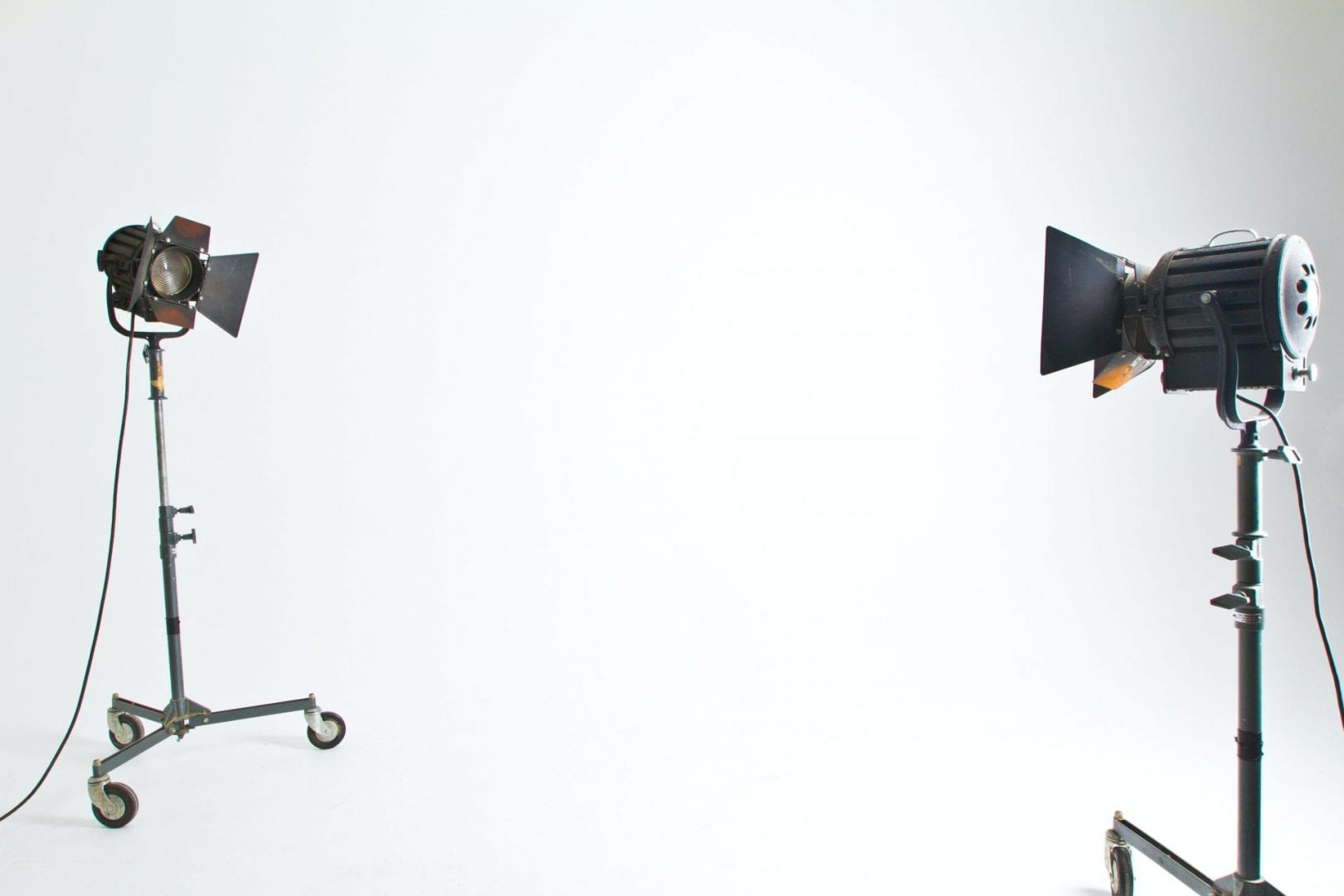Ever had a question on your mind, no matter how trivial, and you just need to find the answer to it?
You could be working on an important assignment, enjoying dinner with a hot date, or lying in bed mulling it over at 1 am. It doesn’t matter what you’re doing at that moment in time. Like an information addict, it’s more important you find out the answer to your nagging query.
So what do you do? Head to Google, right?
You ditch what you’re doing (or should be doing) and open a new tab. Or whip out the smartphone. Or wake up your smart speaker.
That’s because the ‘not knowing’ creates a knowledge gap. It means we can’t close off a mental task in our head and this unfinished business leads to an uncomfortable feeling of unrest. So we need to fix it.

Fill the knowledge gap
The need to fill a knowledge gap is pretty much the only reason people head to search engines for, well, anything. They’re looking for something. An answer to a question, or useful information.
Oh, you’re thinking ‘Not always. Sometimes people just want to be entertained. They’re heading to the internet to find cat memes’. We hear ya.
But the thing is, people don’t head to Google to find cat memes. They head to google to find out where they might find cat memes.
At least for now anyway. Google is doing their best to monopolise the information too, but that’s another story.
The fact is, when people search, they’re looking to find something, or someone, that can help solve whatever problem is on their mind. There’s a reason they’re called search queries.
No shortage of suitors
Luckily for us there’s no shortage of suitors to answer our query. Usually millions of results, in around half a second. A carefully selected assembly awaits our consideration on the page before us and we’re spoiled for choice.
Like a ‘Britain’s Got Talent’ audition, we get to click through, and sample the content. If it’s not what we’re looking for, we can click ‘back’ on the browser and light up our big red X buzzer. If the page looks good, it’ll no doubt captivate our attention a little longer.
But what if we, as businesses, are the auditioning hopefuls on a search engine result page? Our website, standing nervously on stage. As marketers, we’re the family members waiting in the wings, anxiously clutching on to Ant and Dec.
In Britain’s got talent auditions every contestant gets a chance to shine. However, people searching on Google certainly don’t click every single result.
Using the same analogy, you’d have 100 hopefuls come along to the audition, 10 get to stand on the stage, but only a chosen few get the chance to show what they can do.
Some websites won’t leave the green room. It’s like turning up to the auditions each year and not getting a chance to show what you can do.
If you were a budding entertainer, you’d want to do all you can to increase your chances of getting through.
And if you’re serious about increasing the amount of attention your website receives then you’ll want to do all you can to improve your CTR.

What is CTR?
CTR stands for Click Through Rate. Simply put, it’s about how many clicks you get vs how many people saw your search listing (or advert, or email).
For Organic Search Listings, we’re specifically talking about how many clicks your website received in relation to how often your website listing appeared for that search term.
It’s calculated as a percentage.
Number of Clicks / Number of Views (or ‘impressions’) = CTR
So if your ad is shown 1000 times, and received 150 clicks, the calculation would be:
150 / 1000 = 0.15
Your click through rate would be 15%
Congrats, that’s not bad. We’ve seen much worse. And better.
Written by Nettl UK
